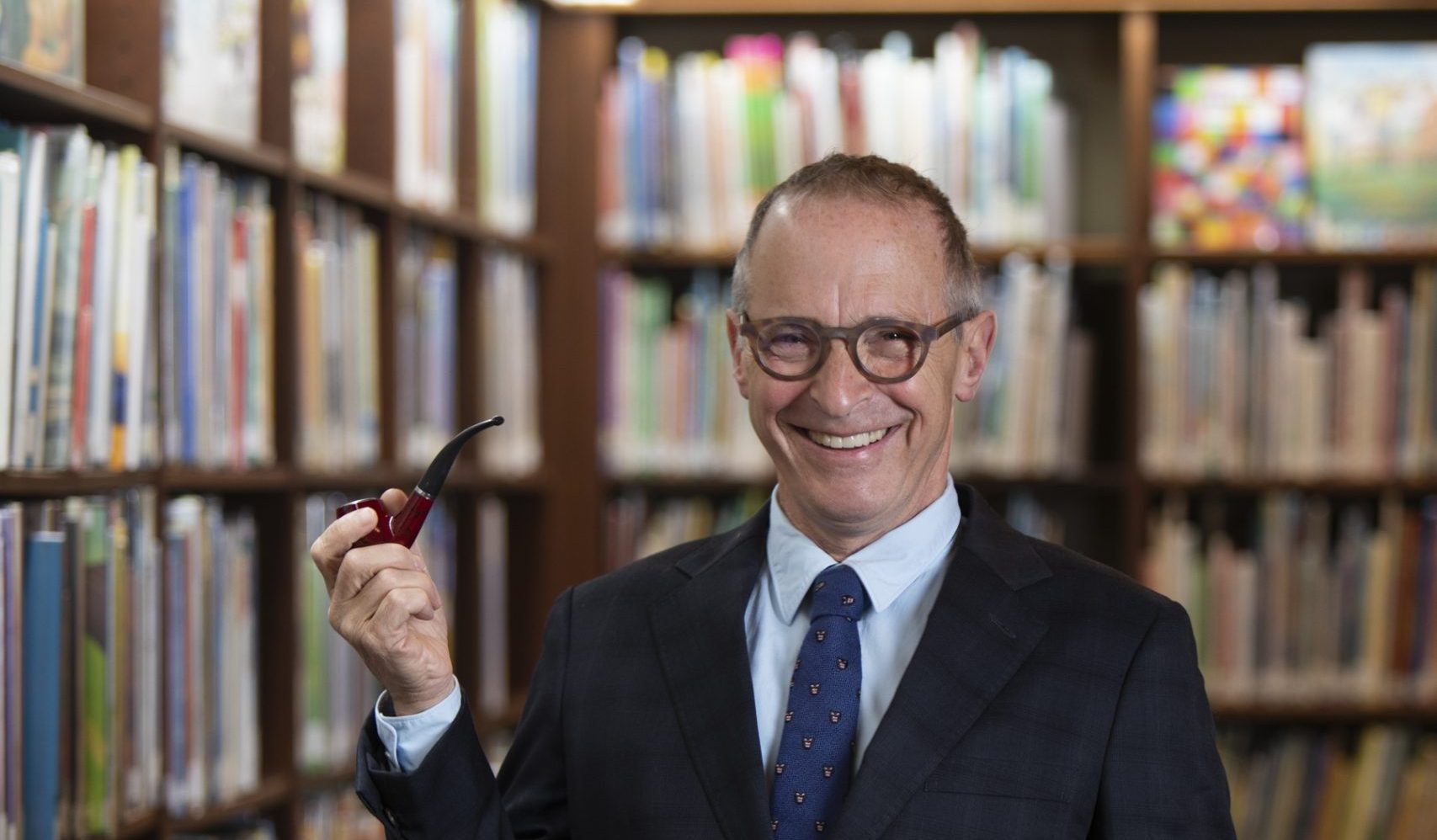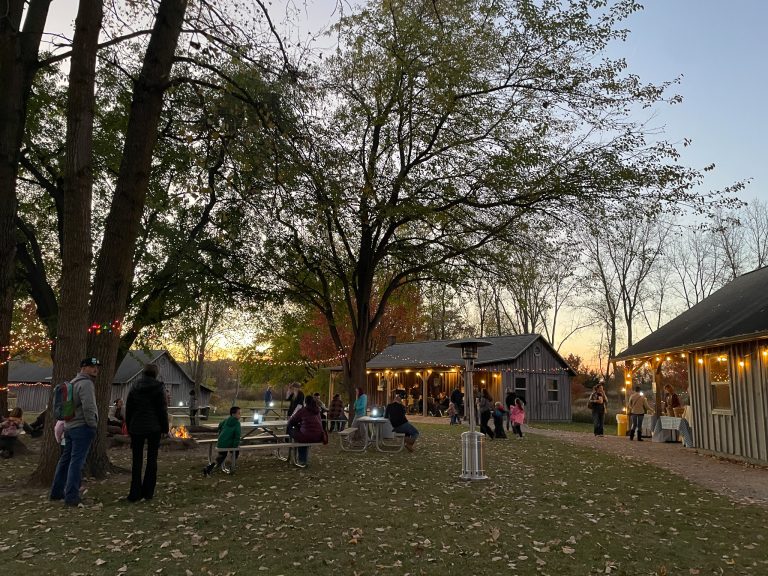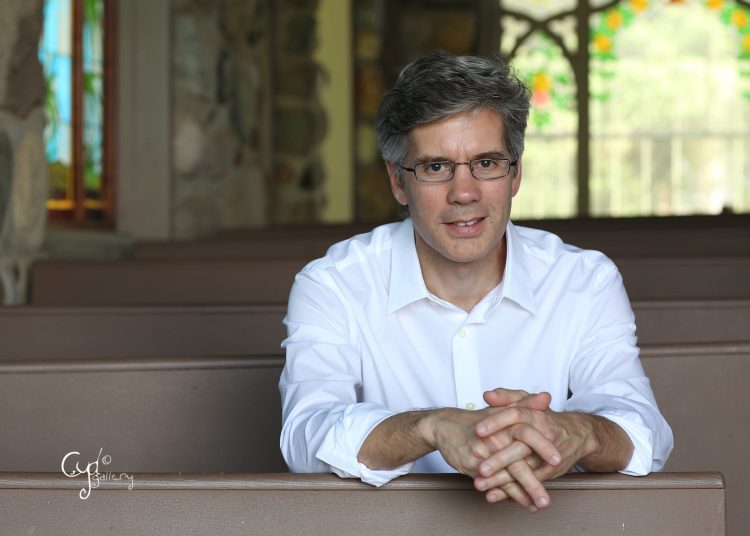
Events
Discover How Othyus Jeffers PBA Became a Basketball Legend and His Career Secrets
-
2025-11-05 09:00
I still remember the first time I watched Othyus Jeffers play - it was during the 2014 PBA Commissioner's Cup, and his energy just leaped off the screen. There's something special about players who treat every game like it's their last, and Jeffers embodied that spirit completely. What many fans don't realize is that behind those explosive performances lay a carefully crafted approach to the game that transformed him from an undrafted prospect into a PBA legend. His journey offers invaluable lessons for anyone serious about basketball excellence.
Jeffers arrived in the PBA in 2014 with the Barangay Ginebra San Miguel, and honestly, I wasn't immediately convinced he'd adapt to the Philippine style. But he quickly silenced doubters like me by averaging 28.7 points and 15.2 rebounds in his first conference - numbers that still impress me when I look back. What struck me most was his response after that grueling double-overtime game against San Miguel Beermen. He told reporters, "Buti nga na-test kami sa ganitong klaseng laro, double-overtime, kasi magkaka-experience kami at mag-iimprove pa kami." That statement perfectly captures his growth mindset. Instead of complaining about exhaustion, he saw extended games as opportunities. I've always believed that champions think differently, and here was living proof. His ability to reframe challenges as advantages became his trademark throughout his PBA journey.
The real turning point came during the 2015 season when Jeffers faced what I consider his biggest professional challenge. He was struggling with consistency, shooting just 42% from the field through the first 12 games, and critics were questioning whether his explosive style was sustainable. I remember analyzing game footage from that period and noticing how defenses had started anticipating his drives. His solution was brilliantly simple yet demanding - he spent 3 hours daily after practice working exclusively on his mid-range jumper and free throws. Within months, his field goal percentage jumped to 51%, and his free throw accuracy improved from 68% to 82%. That's the kind of dedication we rarely see, but it made all the difference. He didn't just work harder; he worked smarter, focusing on specific weaknesses until they became strengths.
What truly separated Jeffers from other imports was his understanding that basketball excellence extends beyond physical training. He developed what I like to call the "pressure preparation protocol" - essentially treating practice games as if they were championship finals. This approach directly connected to his philosophy about tough games building experience. During our conversations over the years, he emphasized how he'd simulate end-game scenarios daily, whether he was tired or not. "The regular season prepares you for playoffs, but you need to prepare yourself for those unexpected battles," he once told me. This mindset explains why he consistently performed better in clutch situations, averaging 18.4 points in fourth quarters during his championship run with Ginebra.
The beauty of studying Othyus Jeffers PBA career lies in discovering applicable principles that anyone can implement. His first secret was what I call "contextual conditioning" - rather than just building general fitness, he trained specifically for PBA conditions: humidity, travel fatigue, and the physical style of play. He'd often practice in heated gyms to simulate game conditions, something I've since recommended to many developing players. His second secret was "emotional calibration" - maintaining peak performance regardless of game situation. I've noticed many players tighten up in important moments, but Jeffers actually seemed to relax. His stats prove it - in 7 elimination games where his team faced elimination, he averaged 34.2 points and 12.8 rebounds. That's not just talent; that's mental mastery.
Looking at today's game, I can't help but feel Jeffers' approach has become even more relevant. In an era where players often prioritize individual highlights, his focus on team improvement through adversity stands out. His career teaches us that becoming a legend isn't about never facing challenges - it's about leveraging those challenges for growth. The next time you find yourself in a tough game, remember Jeffers' perspective: those extended battles aren't obstacles; they're opportunities to build the experience that separates good players from legendary ones. Personally, I've incorporated his philosophy into my own coaching, and the results have been remarkable - not just in terms of wins, but in player development. That's the enduring legacy of Othyus Jeffers' PBA career: he showed us that the path to basketball greatness lies in embracing the struggle itself.
-
2025-11-05 09:00
Joey Marquez's PBA Team Journey and Career Highlights in Philippine Basketball
I still remember the first time I watched Joey Marquez storm the basketball court back in the early 80s - that explosive energy and unmistakable charisma imm
-
2025-11-05 10:00LivestreamLivestream
Discover How PBA Cyberface Technology Is Revolutionizing Virtual Identity Creation
I still remember the first time I encountered PBA Cyberface technology during a virtual conference last year. The presenter's avatar was so incredibly lifeli
-
2025-11-05 10:00LivestreamLivestream
What Is the PBA Draft Meaning and How Does It Work in Basketball?
I remember the first time I watched the PBA draft on television back in 2018, sitting in my Manila apartment with friends who were far more knowledgeable abo


